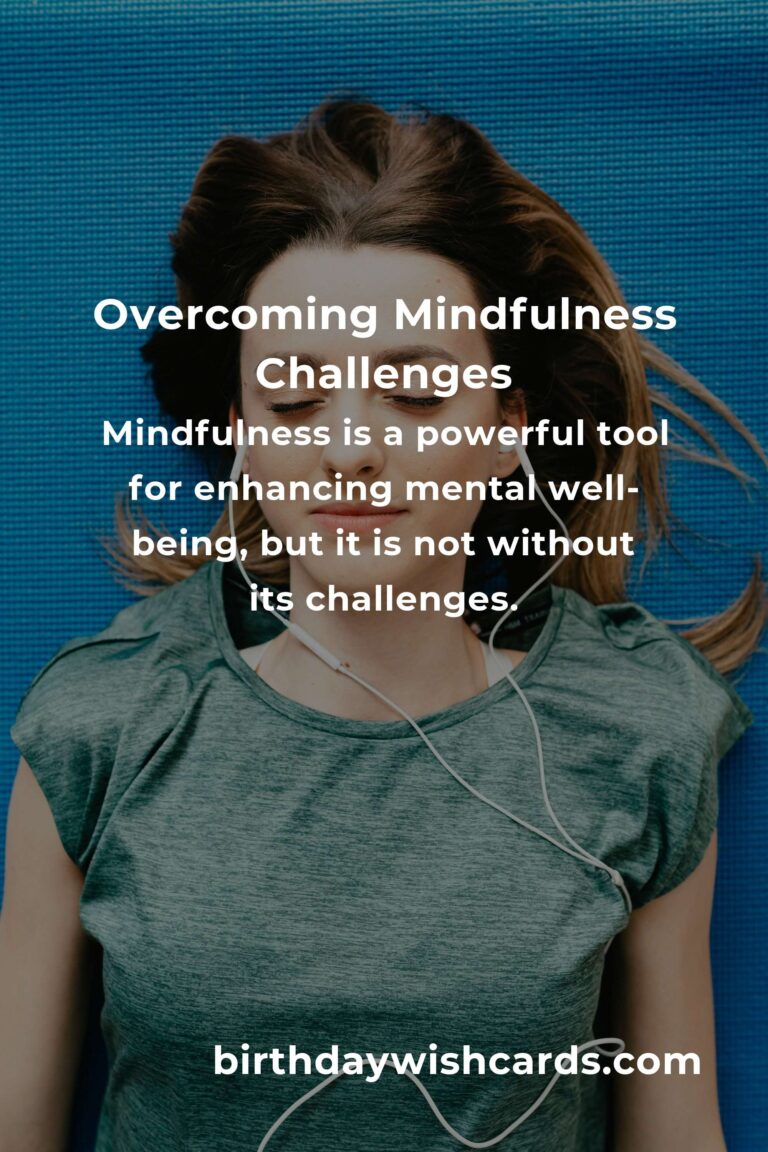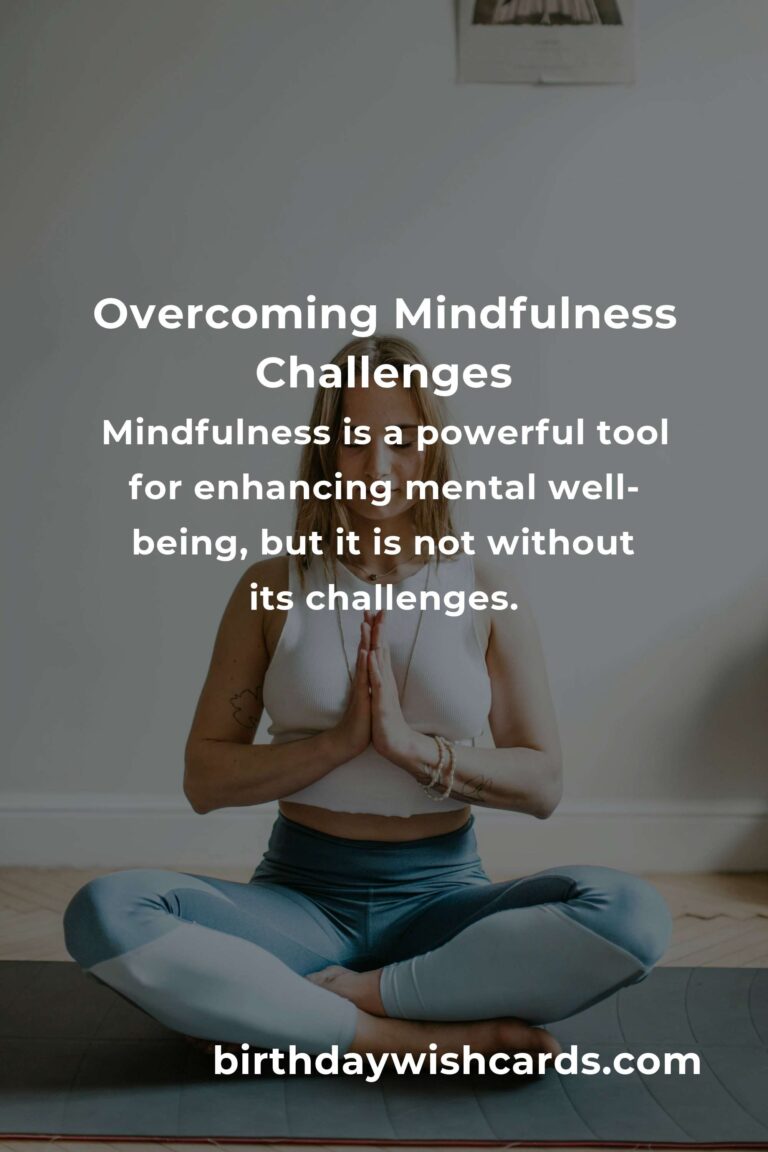
Mindfulness has become a popular practice in recent years, known for its ability to improve mental well-being, enhance focus, and reduce stress. However, many individuals face challenges when trying to incorporate mindfulness strategies into their daily lives. This article explores common problems associated with mindfulness practices and provides practical solutions to overcome them.
Understanding Mindfulness
Before diving into the challenges, it is essential to understand what mindfulness is. Mindfulness is the practice of being present in the moment, aware of your thoughts, feelings, and surroundings without judgment. It is about observing these elements, acknowledging them, and letting them pass without getting caught up in them.
Common Mindfulness Strategy Challenges
Lack of Time
One of the most frequent complaints about practicing mindfulness is the perceived lack of time. Many people believe that they need to set aside large chunks of their day to engage in mindfulness exercises.
Solution: Start small. Integrate mindfulness into your daily routine by setting aside just five minutes a day. You can gradually increase the time as you grow more comfortable with the practice. Simple activities like mindful breathing or taking a mindful walk can be easily incorporated into your schedule.
Difficulty Concentrating
Another common issue is the inability to concentrate during mindfulness exercises. People often find their minds wandering, making it challenging to stay focused.
Solution: Practice patience and compassion toward yourself. Concentration improves with practice. Begin with short sessions and use guided mindfulness meditations, which can help direct your focus. Consistency is key; over time, your ability to concentrate will improve.
Impatience with Results
Many individuals expect immediate results from mindfulness and become discouraged when they do not see quick improvements.
Solution: Understand that mindfulness is a journey, not a destination. It is a gradual process that requires patience. Set realistic expectations and remind yourself that every session contributes to your overall growth and well-being.
Physical Discomfort
Some people experience physical discomfort when trying to meditate or practice mindfulness, such as back pain or restlessness.
Solution: Find a comfortable position that works for you. This could be sitting, lying down, or even standing. Use props like cushions or chairs if necessary. Focus on maintaining a posture that allows you to relax and remain aware.
Advanced Techniques to Enhance Mindfulness
Once you overcome initial challenges, you can explore advanced mindfulness techniques to deepen your practice. These include body scan meditation, loving-kindness meditation, and mindful journaling. Each of these practices offers unique benefits and can be tailored to suit individual preferences.
Conclusion
Mindfulness is a powerful tool for enhancing mental well-being, but it is not without its challenges. By understanding common problems and applying practical solutions, anyone can develop a successful mindfulness practice. Remember to be patient and kind to yourself as you embark on this transformative journey.
Mindfulness is the practice of being present in the moment, aware of your thoughts, feelings, and surroundings without judgment. One of the most frequent complaints about practicing mindfulness is the perceived lack of time. Another common issue is the inability to concentrate during mindfulness exercises. Many individuals expect immediate results from mindfulness and become discouraged when they do not see quick improvements. Mindfulness is a powerful tool for enhancing mental well-being, but it is not without its challenges.
#Mindfulness #Meditation #WellBeing #MentalHealth #MindfulLiving

